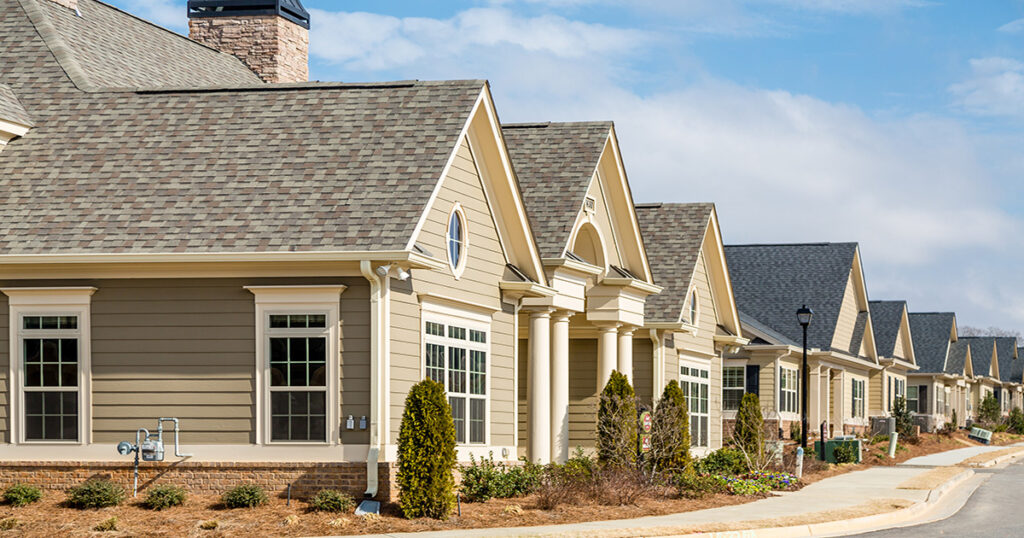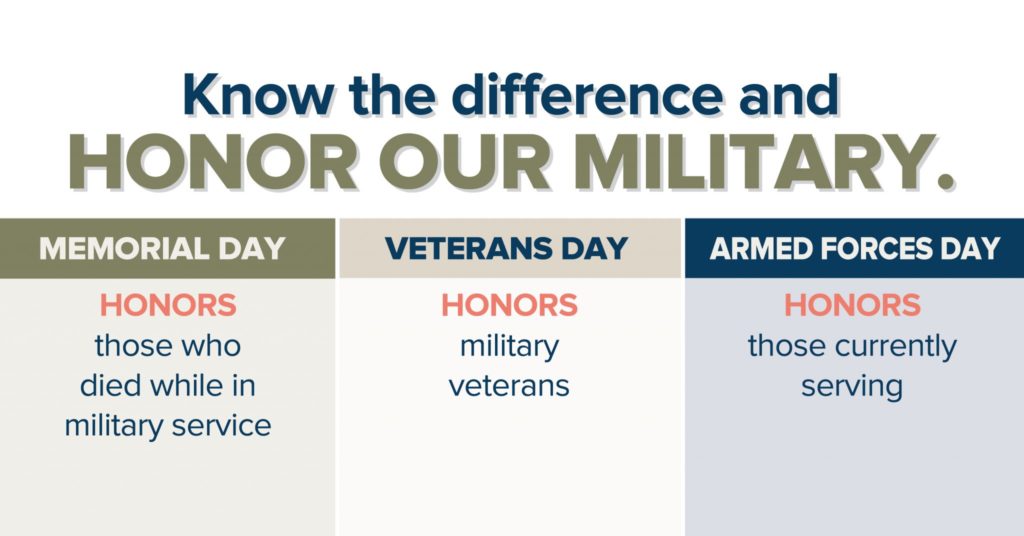One housing option that has gained popularity in recent years is the 55+ residential community. These age-restricted communities are designed to cater to the unique needs and desires of older adults. No longer are these communities seen as “retirement” or “old folks” neighborhoods. In fact, many see this as an opportunity to live in a designated area away from the hustle and bustle of families with young children and connect with peers. Read on to discover the benefits and the downsides to this housing option.
Benefits
Financial Savings
Many 55+ communities offer a variety of amenities and services included in the monthly dues or association fees. These may include landscaping, maintenance, and even utilities. This can lead to substantial cost savings for residents, as they can avoid the burden of ongoing home maintenance.
Sense of Community
One of the primary attractions of 55+ communities is the opportunity to connect with like-minded individuals. Residents often share similar life stages, interests, and hobbies, creating a supportive and welcoming atmosphere. These social connections can improve overall well-being and combat loneliness.
Amenities and Activities
55+ communities often provide an array of amenities such as fitness centers, swimming pools, golf courses, and clubhouses. Some even offer group travel opportunities for outings to local destinations. Residents can enjoy a variety of activities and events tailored to their interests, making it easier to maintain an active and vibrant lifestyle.
Security and Peace of Mind
These communities typically invest in security measures, including gated entry, surveillance, and on-site staff. This creates a sense of safety, allowing residents to relax and enjoy their surroundings without constant worry.
Downsizing Opportunities
Many older adults find that their current homes are too large and require significant maintenance. 55+ communities offer downsizing opportunities to more manageable and efficient residences, often with modern amenities and layouts. These layouts routinely favor “aging in place” or universal accommodations like limited stairs, one-level living, and wider doorways and showers.
Downsides
Age Restriction
The age requirement can be limiting for some. If you have friends or family members under 55 who wish to live with you or visit frequently, they may not be allowed to reside in the community or stay for extended periods, which can be a drawback for those seeking intergenerational living.
Monthly Fees
While the monthly dues or association fees can cover many expenses, they can also be a financial burden for some residents. It’s crucial to consider these costs when making a decision, as they can vary significantly from one community to another. Always read the fine print in your purchase or rental agreement especially as it pertains to how to exit the arrangement and any deposits, dues, or fees that are non-refundable.
Limited Independence
Some 55+ communities may have restrictions on certain activities, like renting out your property or making significant modifications to your home. This limitation can be frustrating for those who value full independence.
Healthcare Services
While some communities offer on-site healthcare services or proximity to medical facilities, not all do. Residents with complex medical needs may find it challenging to access specialized care.
Lack of Diversity
These communities often attract a homogenous demographic, which can lead to a lack of diversity in the social circle. If you value a more diverse and varied community, this might not be the right choice for you.
Real Estate-Specific Considerations
Resale Value
When purchasing a home in a 55+ community, consider its resale potential. The demand for these properties may be limited to a specific age group, which can affect resale value compared to traditional homes.
Location
Location is essential when choosing a 55+ community. Access to healthcare facilities, shopping, and recreational amenities can greatly impact your quality of life. Also, it’s crucial to consider the proximity to family and friends when selecting a location.
Community Rules and Regulations
Each 55+ community has its own set of rules and regulations, governing everything from exterior house colors, parking or visitation rules, to the types of pets allowed. It’s essential to review and understand these rules before making a commitment.




